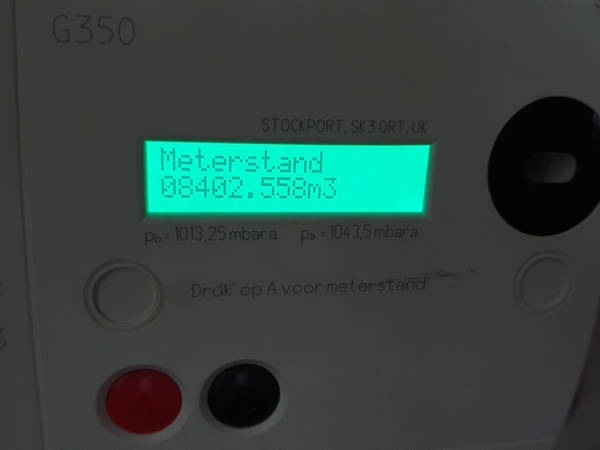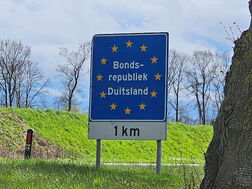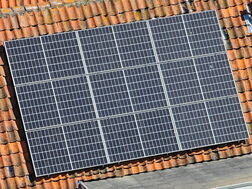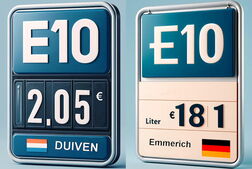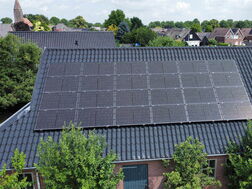Dutch business organisations VNO-NCW and MKB-Nederland have generally reacted positively to Minister Jetten's recently presented Climate Plans. The Dutch business community fully supports the government's climate goals. However, there are significant concerns among entrepreneurs about the punitive tax on gas, among other things. This measure is seen as highly unfair to thousands of entrepreneurs who want to become more sustainable but are hampered by overloaded electricity networks and a lack of other sustainable alternatives.
This situation is not only unjust but also has the effect of putting pressure on many manufacturing companies, especially in vulnerable regions. This may lead to a shift in production and carbon emissions to other countries. This cannot be the intention. Business organisations stress that green solutions should be promoted precisely in the Netherlands instead of grey solutions elsewhere. This is contained in a letter sent today to the Lower House on behalf of the business organisations and several industry associations in preparation for discussing the climate plans and the debate on making small and medium-sized enterprises (SMEs) more sustainable on 1 June.
The business organisations attached about 30 examples to the letter, showing how entrepreneurs are stuck. These examples show that entrepreneurs want to become more sustainable but face electricity grid problems and other obstacles. At the same time, they face a higher energy tax on gas of more than a billion euros from next year. This undermines support for the energy transition and feels unfair, as many entrepreneurs do not have viable solutions. This may further reinforce the negative sentiment towards the policy from The Hague.
The business organisations stress that with the government's new climate package, the manufacturing industry amply meets the 55% CO2 reduction target and reaches 66% in 2030 without increasing energy taxes. Companies are thus already making a significant contribution to the climate goals.
In the letter, the business organisations also call attention to SMEs and how they can be better supported in the sustainability process. It also points to the need to implement all plans in order. This includes obtaining necessary permits in time (such as the nitrogen issue), improving energy infrastructure (such as reducing grid congestion and providing access to heat and hydrogen networks) and ensuring sufficient green energy sources (such as offshore wind energy, green hydrogen and biofuels). In an earlier comprehensive letter to the House of Representatives, the business organisations have already drawn attention to these issues. Resolving these issues is essential to make the Netherlands a frontrunner in sustainability and achieve the set targets.
Business organisations stress that more attention should be paid to small and medium-sized enterprises, as they often have more limited resources and expertise to implement sustainability measures. It is essential to support them in taking quick and practical steps towards sustainability.
It is now up to the Lower House to discuss the climate plans and debate how to make SMEs more sustainable. The business organisations hope their concerns and recommendations will be listened to so that fair and feasible policies can be developed that support national sustainability efforts without harming the competitive position of Dutch entrepreneurs.
There are still challenges and obstacles on the way to a sustainable future. It is imperative that all stakeholders, including government, business and society, work together to address these challenges and work towards a greener and more sustainable economy.

